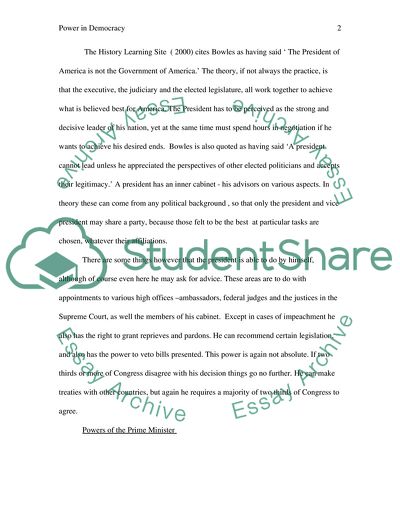Cite this document
(The British and American Systems of Government Case Study - 1, n.d.)
The British and American Systems of Government Case Study - 1. https://studentshare.org/politics/1749385-in-the-british-and-american-systems-of-government-power-is-ultimately-held-by-prime-minister-and-president-respectively
The British and American Systems of Government Case Study - 1. https://studentshare.org/politics/1749385-in-the-british-and-american-systems-of-government-power-is-ultimately-held-by-prime-minister-and-president-respectively
(The British and American Systems of Government Case Study - 1)
The British and American Systems of Government Case Study - 1. https://studentshare.org/politics/1749385-in-the-british-and-american-systems-of-government-power-is-ultimately-held-by-prime-minister-and-president-respectively.
The British and American Systems of Government Case Study - 1. https://studentshare.org/politics/1749385-in-the-british-and-american-systems-of-government-power-is-ultimately-held-by-prime-minister-and-president-respectively.
“The British and American Systems of Government Case Study - 1”. https://studentshare.org/politics/1749385-in-the-british-and-american-systems-of-government-power-is-ultimately-held-by-prime-minister-and-president-respectively.


